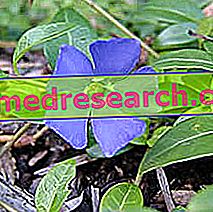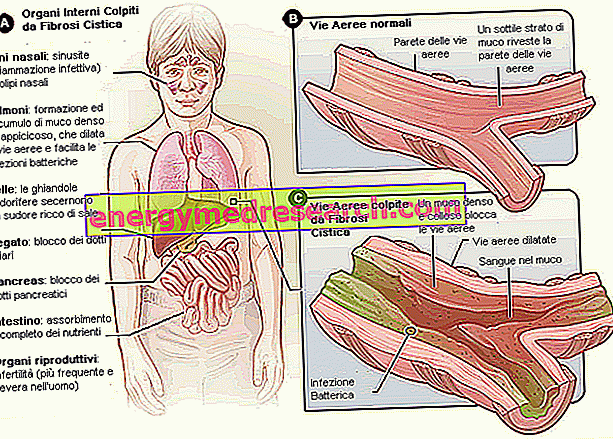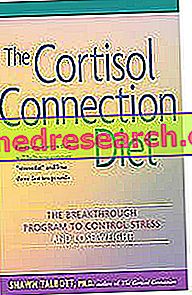
Scientific name
Vinca minor
Family
Apocynaceae
Origin
central Europe
Synonyms
Periwinkle
Used Parts
Drug consisting of leaves
Chemical constituents
- Phytosterols;
- Flavonoids;
- Polyphenols;
- Tannins;
- Alkaloids (vincamine).
Periwinkle in Herbalist: Property of Periwinkle
Periwinkle is mainly used in the treatment of high blood pressure; furthermore, the plant produces astringent homeopathic preparations.
The active ingredients present in the leaves are able to induce peripheral, cerebral and coronary vasodilation; due to these characteristics, vincamine is used to treat cerebrovascular diseases, central and peripheral vertiginous syndromes, and arteriopathies of the lower limbs.
Biological activity
The use of periwinkle has not obtained official approval for any type of therapeutic indication. However, a particular alkaloid (vincamine) is derived from this plant which performs an interesting action at the level of the cardiovascular system.
More in detail, vincamine is able to perform a negative hypotensive and chronotropic action, ie it is able to decrease the heart rate.
Furthermore, vincamine is also attributed with spasmolytic, hypoglycemic and sympatholytic properties.
Periwinkle in folk medicine and homeopathy
In popular medicine, periwinkle is used internally for the treatment of circulatory disorders, hypertension, gastritis, enteritis, diarrhea and cystitis; as well as being used as a remedy against memory loss and to reduce excessively high blood sugar levels.
Externally, however, traditional medicine uses periwinkle as an astringent remedy for epistaxis and bleeding, but not only. In fact, the plant is also used for the treatment of sore throats, abscesses, eczema and ecchymoses.
Periwinkle is also used in homeopathic medicine, where it can be found in the form of mother tincture, oral drops and granules. In this context, the plant is used in the case of eczema, skin inflammation, menorrhagia, uterine bleeding, headache, tinnitus, dizziness and memory disorders.
The amount of homeopathic remedy to be taken can vary from individual to individual, also depending on the type of disorder that needs to be treated and the type of homeopathic preparation and dilution that is intended to be used.
Side effects
If properly used, periwinkle should not cause any kind of unwanted effects. However, in some cases gastrointestinal disorders and skin redness may occur.
In the event of an overdose, however, an excessive and severe drop in blood pressure could occur.
Contraindications
Avoid taking periwinkle in case of hypersensitivity to one or more components.
Pharmacological Interactions
- hypotensive drugs: effect summation;
- ipokaliemizzanti;
- antiarrhythmics: risk of ventricular arrhythmias.



